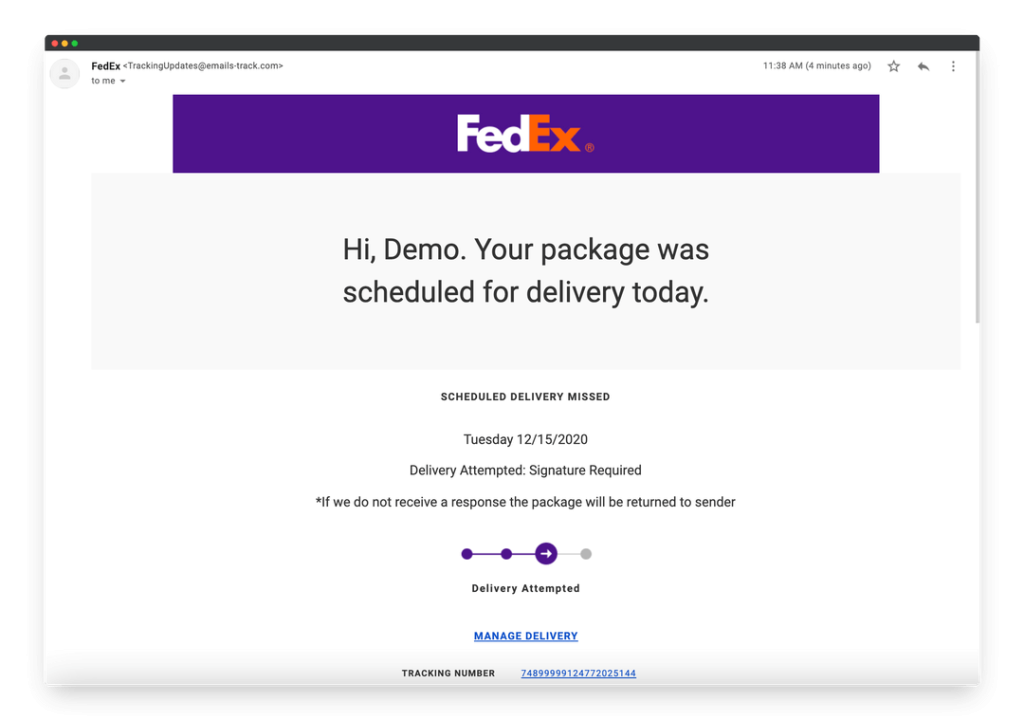QCU’s Comprehensive Guide to Understanding and Preventing Fraud

Digital fraud is more prevalent than ever and credit union members can encounter serious issues if they fall victim to these criminal acts. The financial health and security of members is paramount at Quincy Credit Union, and we understand the importance of safeguarding not just financial assets, but personal information. We’ve put together some tips that will help equip our members with the knowledge and tools they need to recognize and prevent various types of fraud while online.
The Growing Threat of Fraud
With more people conducting more business and leisure activities online, fraud has evolved into a more sophisticated and widespread issue. As online banking, eCommerce, and digital communications thrive, fraudsters have found new ways to exploit unsuspecting individuals. From phishing emails and identity theft to more elaborate scams aided by AI, the tactics used by criminals are becoming harder to detect.
According to the Federal Trade Commission (FTC), consumers reported losing over $3.3 billion to fraud in 2020. This amounted to a 100% increase from the previous year. This alarming trend highlights the need for increased vigilance and new, proactive measures to protect yourself.
Common Types of Financial Fraud
The first step to protecting yourself and your finances online is to understand the different types of fraud. Here are the most common types of digital fraud that QCU members need to look out for.
Phishing Emails
Phishing emails come from mock accounts that mimic reputable sources and these emails often contain links to fake websites that closely resemble the legitimate ones, such as your credit union or bank. Once you enter your information on the fake site, it is captured by the fraudster, who can use it to access your accounts or commit identity theft.
Take a look at this example of a phishing email from Hook Security. The email in question is attempting to disguise itself as coming from FedEx.

Identity Theft
Identify theft is when someone uses your personal information, without your permission or knowledge, to commit fraud or theft. This crime can result in unauthorized charges taken from your accounts, loans taken out in your name, or even legal trouble if the fraudsters commit further crimes using your identity.
Credit Card Fraud
Credit card fraud involves the use of your credit card information to withdraw cash or make purchases. When cards are lost or stolen, or a fraudster obtains your card details through hacking or skimming devices, credit card fraud becomes a serious threat.
How to Protect Yourself from Fraud
Just as important as knowing the different types of fraud is knowing how to combat them and protect yourself online. Here are some measures we recommend.
Be Skeptical of Unsolicited Communications
Be wary of any unsolicited communication asking for personal information. QCU will never ask you to provide sensitive information through text message, email, or phone call, and most other legitimate organizations operate in the same way. Always verify the authenticity of the request by contacting the organization directly through a known and trusted method, such as their official customer service line.
Use Strong, Unique Passwords
Your passwords need to be strong to protect your online accounts. A strong password typically includes a combination of upper and lower case letters, numbers, and special characters. If remembering them all becomes too much, you can use password manager software, such as Google Password Manager or LastPass to store all your passwords safely.
Enable Two-Factor Authentication (2FA)
Two-factor authentication (2FA) provides an extra layer of security to your online accounts. It requires a second form of verification, such as a text message code, as well as your password.
Regularly Monitor Your Accounts
Always keep a close eye on your bank and credit card statements and accounts to identify any unusual or unauthorized transactions. The QCU app provides up-to-date account information and helps our members detect any suspicious activity early.
Quincy Credit Union’s Commitment to Your Security
We take our members’ security very seriously at Quincy Credit Union. Our range of tools and services are designed to help you protect your financial information and prevent fraud. We encourage members to stay informed by checking our online blog articles and following QCU on social media for the latest tips and updates on fraud prevention.
